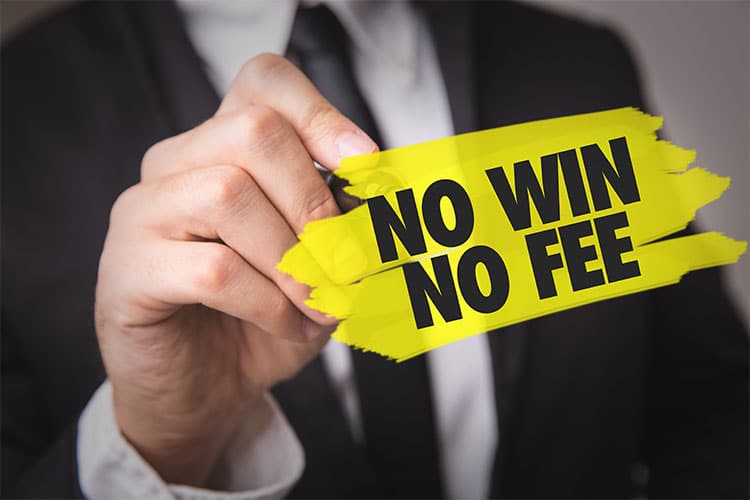Frequently Asked Questions
Is the driver always at fault in a pedestrian accident?
Not always. While drivers often bear responsibility, pedestrians can share fault in some cases—such as if they ignored traffic signals or stepped into traffic unexpectedly. Georgia follows comparative negligence laws, which means your compensation may be reduced if you are found partially at fault.
What if the driver leaves the scene of the accident?
A hit-and-run is a serious offense. If this happens, call the police immediately and try to document any details about the vehicle or driver. An attorney can help you explore legal options, including filing a claim under your uninsured motorist coverage if the driver isn’t found.
Can I still file a claim if I wasn’t in a crosswalk?
Yes, you may still be eligible for compensation. While using a crosswalk can strengthen your case, Georgia law does not automatically bar pedestrians from filing a claim if they were outside of one. Your compensation may be affected if you are found partially at fault, but you can still pursue damages.
How long do I have to file a claim after a pedestrian accident?
In Georgia, the statute of limitations for personal injury claims is two years from the date of the accident. If you wait too long, you may lose your right to seek compensation.
What compensation can I recover after a pedestrian accident?
You may be able to recover damages for medical expenses, lost wages, future medical care, pain and suffering, emotional distress, and more. If the accident resulted in permanent disability, you may also receive compensation for reduced earning capacity.
What should I do immediately after a pedestrian accident?
Seek medical attention, call the police, document the scene with photos, get witness contact information, and avoid discussing fault with the driver or insurance companies. Contacting a lawyer early can help protect your case.
How can an attorney help with my pedestrian accident claim?
A lawyer will gather evidence, negotiate with insurance companies, and build a strong case to maximize your compensation. If a fair settlement isn’t offered, they can take your case to court.





